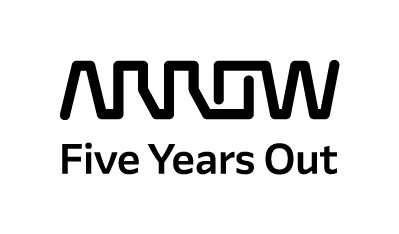Building Collaborative Networks to Do Sustainability Right
On Earth Day, April 22, 2016, 175 countries signed the Paris climate accord. Literally decades of work led to this historic moment. Now what?
The climate goal will be translated into goals set by countries and, within those countries, goals set by governments and corporations in what needs be the ultimate call for collaboration. But are we ready?
Some schools have been teaching environmental sustainability for some 15 years, and today there are numerous programs aimed at equipping professionals with the basic skill set to start to tackle this monumental problem. But both the tools and the professionals are limited, and we will have to go well beyond any contemporary curriculum to achieve what needs to be achieved.
Sustainability leaders will quickly tell you that solutions to climate change require systems thinking – that is, an approach that takes into consideration the multifaceted interactions and interdependencies that constitute the myriad systems of natural, economic, and cultural forces constantly at play. Not doing so can lead to unintended consequences, and we may do more harm than good. For example, many will turn to technology to achieve necessary efficiencies. Yet technology itself is subject to resource constraints and cannot be arbitrarily deployed without factoring in environmental consequences. Remember, technology equipment typically contains toxic compounds that make disposing of it challenging.
Addressing climate change entails not only reducing the energy used in everyday operations, but it also includes understanding the energy used in manufacturing products – the embedded energy. So much of the energy we use is invisible to us. We rarely consider the energy used to extract the raw materials used to make the products we buy, the energy consumed in getting those products to us – often from around the globe – and the energy used to contend with them at end of life.
Climate change solutions require a spectrum of expertise never embodied in a single individual. We need leaders, engineers, environmentalists, materials scientists, architects, logistics specialists, food systems specialists, community organizers, educators, and countless others. And we need to connect them all through collaborative networks. This need informs my work with the Boston Area Sustainability Group (more than 1,250 sustainability-minded folks), which is the genesis of my panel at Sustainatopia and is part and parcel of my day job with Arrow Value Recovery, where I actively work to collaborate with people inside Arrow, with our customers, and with the greater sustainability community at large.
If you’re sustainability-minded, please connect with me on LinkedIn or find me at Sustainatopia in San Francisco, at CleanMed in Dallas, or at the Boston Area Sustainability Group. Sustainatopia is coming to Boston in the fall of 2016, and speaker nominations are open. It’d be great to see you there as well.
Carol Baroudi works for Arrow’s Value Recovery business promoting sustainability awareness and action. She is the lead author of Green IT For Dummies. Her particular focus is on electronics at the IT asset disposition stage, e-waste, and everything connected. Follow her on Twitter @carol_baroudi and connect with her on LinkedIn at www.linkedin.com/in/carolbaroudi.



